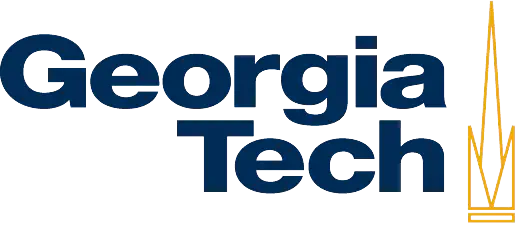Preparing Researchers To Use Petascale Computation

This year, the National Science Foundation (NSF) will award the acquisition of a national supercomputer for production use by 2011. The supercomputer will achieve petascale computation which is a rate several orders of magnitude more powerful than the fastest supercomputers available today. Although breakthroughs across science and engineering are anticipated with this incredible resource, few researchers are prepared to use this massive computing capability.
An NSF-sponsored workshop co-organized by College of Computing Associate Professor David Bader, Allan Snavely (UC San Diego), and Gwen Jacobs (Montana State) will be held August 29-30, 2006 in Arlington, Virginia to identify key challenges in the biological sciences which may lead to early breakthroughs on petascale supercomputers. The objectives of this workshop are to examine the opportunities for progress in the biological sciences that could be enabled by petascale computational capability, and to determine the steps necessary to ensure the community is prepared to take advantage of such resources.
Unique challenges face the biological sciences community to make efficient use of national cyberinfrastructure. For example, traditional uses of high-performance computing (HPC) systems in physics and engineering involve problems that often have well defined and regular structures. In contrast, many problems in biology are irregular in structure, are significantly more challenging for software engineers to parallelize, and often involve integer-based abstract data structures.
The first goal of the workshop is to increase the dialogue between computational biologists and computer scientists to examine the performance of existing algorithms, identify critical/bottleneck sections, scalability, and discuss how and why these codes will perform differently on various architectures. The second goal of the workshop is to identify some early collaborations and pilot studies whereby biologists and computer scientists can work together on problems relevant to petascale deployment.
The workshop’s outcome will be greater insight into the factors affecting the performance of strategic codes to model genomes, proteins, networks, organs, organisms and populations, and interactions between them and their environments. Biologists are using supercomputers to explore scientific problems of national strategic interest impacting health and well-being by understanding how we age, seeking cures for diseases, understanding the genomes of human and all animal and plant species and their evolutionary histories, developing agricultural products, understanding the impact of human activities on biodiversity, and the like.
Bader’s help with this interdisciplinary workshop will facilitate an unprecedented exploration of these problems at greater scale and accuracy. Collaborations between biologists and computer scientists thus have the potential to improve U.S. economic competitiveness, national and world health and well being, and keep the U.S. pre-eminent in this important domain of science.
For more information about Associate Professor David Bader, click here.
http://www.cc.gatech.edu/news/preparing-researchers-to-use-petascale-computation